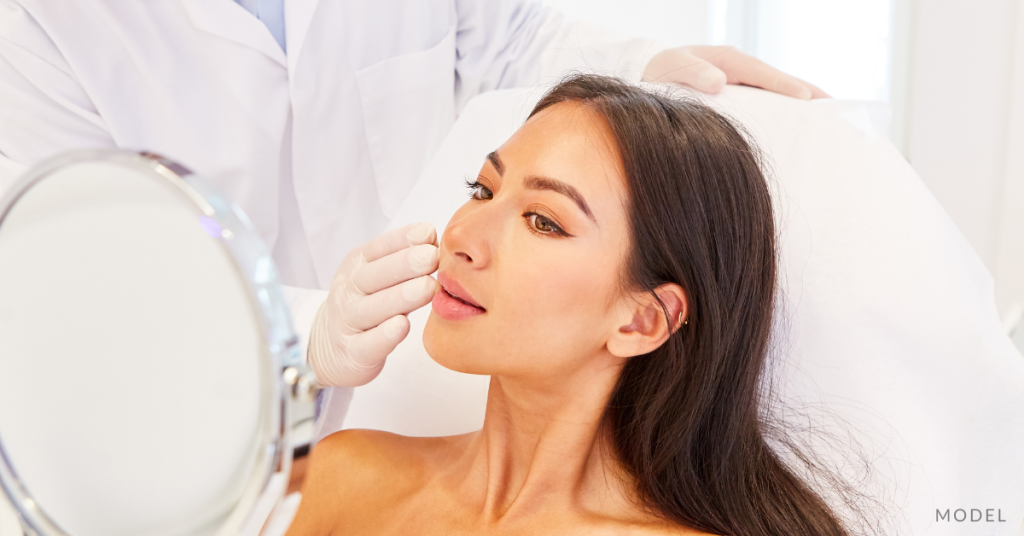If you are considering plastic surgery, you may be curious about the qualifications associated with getting a surgical procedure. If you are looking to contour your body, enhance your breasts, or take years off your face, plastic surgery can often create flattering, natural-looking results. To achieve your desired results, though, you need to make sure you meet the basic qualifications for plastic surgery detailed below.
Are You In Good Overall Health?
Before undergoing any type of elective surgery, it is incredibly important that you are in relatively good general health. Be honest about your medical history, any current or previous medical conditions, medical procedures and operations, and any symptoms you may be experiencing. You may need to speak to your family doctor, who can provide insight on whether you have any conditions that will raise your risk of complications during your procedure. Mental and physical health are considered when consulting about your desired surgical procedures.
Are You In A Healthy Weight Range?
Body mass index is important in determining whether you are eligible for certain surgical procedures. Having a healthy weight and BMI can improve your chances of success. High BMI can result in a weakened immune system and chronic inflammation. This can increase your pain level, affect your results and recovery rate, increase the risk of infection, and elevate your risk for complications during and after the procedure. Typically, we suggest your BMI be at or under 35 in order to achieve your desired results. Use the National Heart, Lung & Blood Institute’s BMI calculator to determine your BMI. For some procedures like liposuction, you should be within 30% of your ideal body weight.
Are You Willing to Quit Smoking?
If you are planning to have plastic surgery and you currently smoke, you will need to quit. Depending on your desired procedure, we may ask you to quit 3 to 6 weeks before the surgery and continue to refrain from smoking for several weeks after. Nicotine constricts the blood vessels, creating less blood flow. This lack of blood flow can result in delayed wound healing, thick scarring, blood clots, increased pain, infections, and more. Smoking can also affect your overall health and well-being, which are integral in the recovery process.
Do You Have Realistic Expectations?
Our team at Wright Plastic Surgery wants to provide you with your dream results, and we encourage you to evaluate your expectations before having plastic surgery. During your consultation, Dr. Eric Wright will talk with you about your goals, assess your current physiology, and explain the options that will best achieve your goals. We’ll also show you some patient before and after photos to fully understand your desired results and demonstrate what your surgery can and cannot accomplish.
Plastic surgery is meant to reshape or enhance parts of your body that function normally but do not look the way you would like. Keep in mind that the recovery process may span days, weeks, or months depending on your chosen procedures. Dr. Wright and his staff will provide detailed recovery information to assist you with post-operative questions and concerns. You should be clear-eyed about your procedure’s downtime, required time off work, costs, and the physical toll of recovery.
Our team strives to create an exceptional experience with beautiful, long-lasting, and natural-looking results for men and women. We are happy to help you on your exciting journey to feeling more confident in your body! To get more information on how to prepare for plastic surgery, request a consultation using our online form or call us at (501) 575-0088.


Leave a Reply